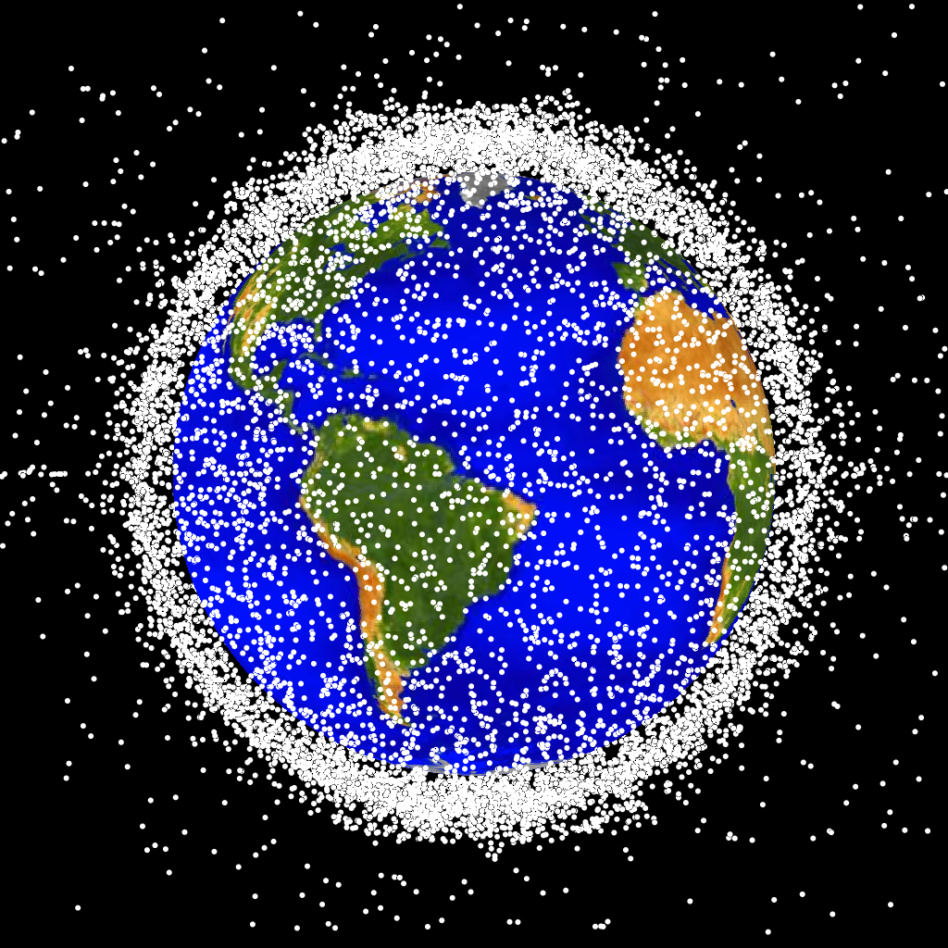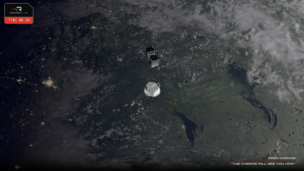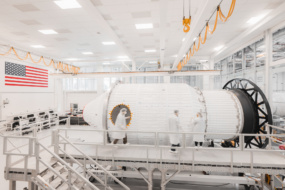And just like that, we finally have concrete new orbital debris rules. By a 4-0 vote, the FCC approved a long-awaited orbital debris draft ruling yesterday. The rule shortens the time required for satellite operators to deorbit LEO satellites to no more than 5 years after completing their mission, from 25 years.
The agency hopes the new rule will lead to more accountability and less risk of collision. This is the first codifying rule on the topic of orbital debris, replacing the decades-long guideline of 25 years. There will be a two-year grace period for satellite companies to transition.
The FCC reiterated its commitment to tackling orbital debris in the press release, saying: “the FCC takes seriously the short- and long-term challenges of orbital debris. Defunct satellites, discarded rocket cores, and other debris now fill the space environment, creating challenges for current and future missions,” the agency said.
But wait. On Tuesday, the House Science Committee asked the FCC to delay the decision in a question of authority. Committee leadership worried that the FCC’s unilateral approach could create conflict down the line. The letter was not mentioned by the FCC in the ruling announcement.
+ For more, check out our orbital debris series….Part 1 sets the scene, Part 2 touches on debris removal and the FCC, and Part 3 unpacks space situational awareness and traffic management.




